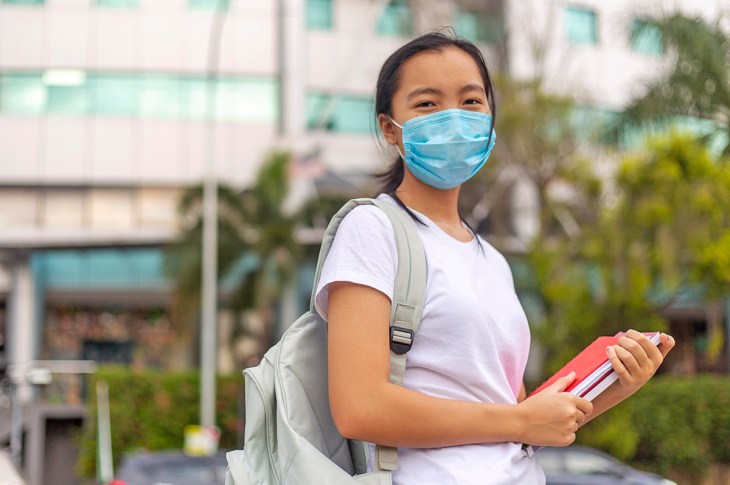You can check the air quality where you are right now by entering your ZIP code on the AirNow web site.
Exposure to air pollutants in wildfire smoke can irritate the lungs, cause inflammation, alter immune function and increase susceptibility to respiratory infections, including COVID-19. Exposure can also impact chronic conditions like asthma, COPD and heart disease.
Here are recommendations for Veterans and their families:
- Reduce exposure to smoke/poor air quality
- Stay insideUse air conditioning if available and ensure you have a clean filterCheck your local air quality before going outside at EnviroFlash – HomeWear an N95 face mask if you have to go outside
- If you are in your car, set your air conditioning to recirculate
- What to do if you have health concerns
- Ensure you have adequate supply of medications nearby
- If you have any questions or concerns, contact the Clinical Contact Center
- Utilize Virtual Health options for care
Useful resources
- CDC resources:
- American Lung Association resources:
Here is helpful information on what to do when there is smoke in the air
Visit the AirNow “when smoke is in the air” website.
This EPA webpage provides guides, fact sheets, brochures, infographics and web resources for use in learning about the health impacts of wildland fire smoke.
Topics in this story
Link Disclaimer
This page includes links to other websites outside our control and jurisdiction. VA is not responsible for the privacy practices or the content of non-VA Web sites. We encourage you to review the privacy policy or terms and conditions of those sites to fully understand what information is collected and how it is used.
More Stories
Bob Jesse Award celebrates the achievements of a VA employee and a team or department that exemplifies innovative practices within VA.
The Medical Foster Home program offers Veterans an alternative to nursing homes.
Watch the Under Secretary for Health and a panel of experts discuss VA Health Connect tele-emergency care.







